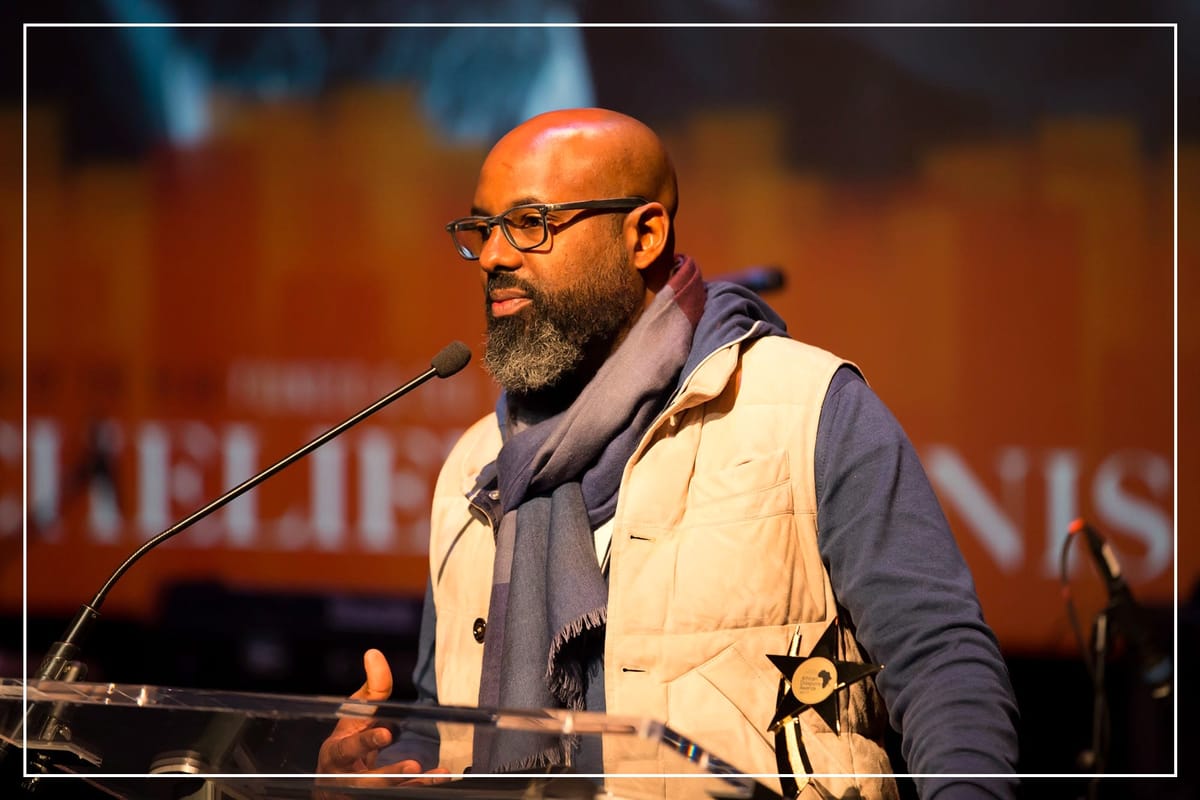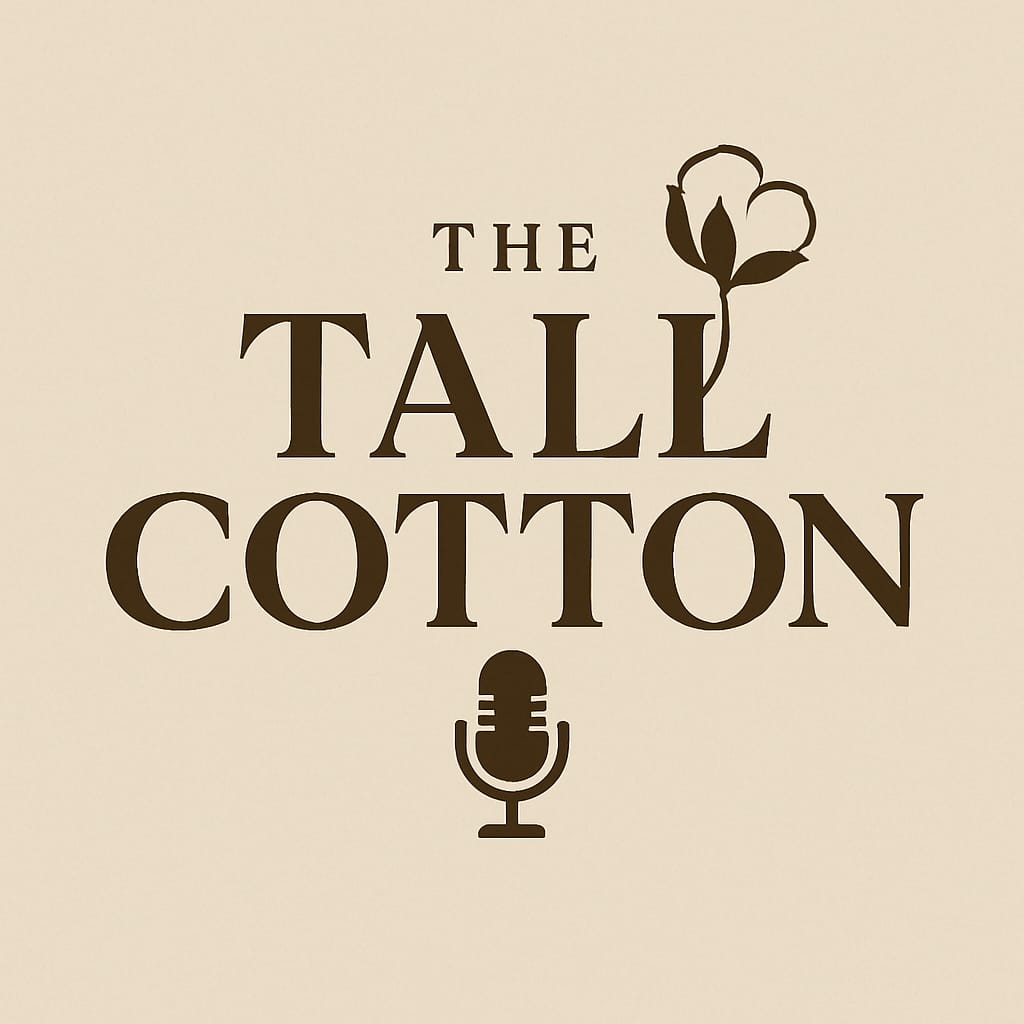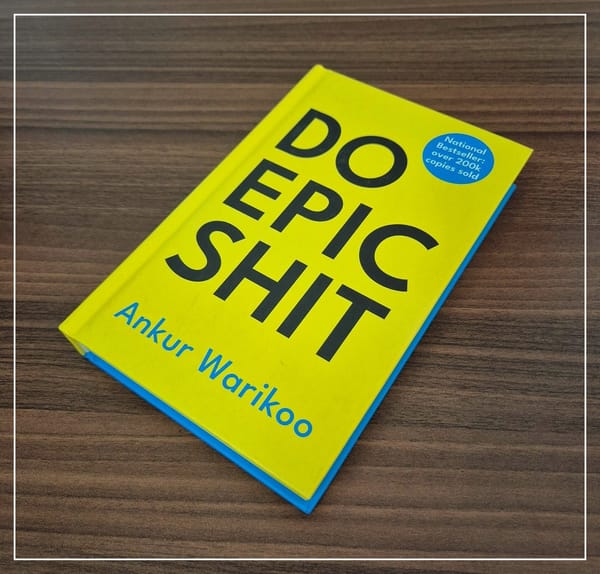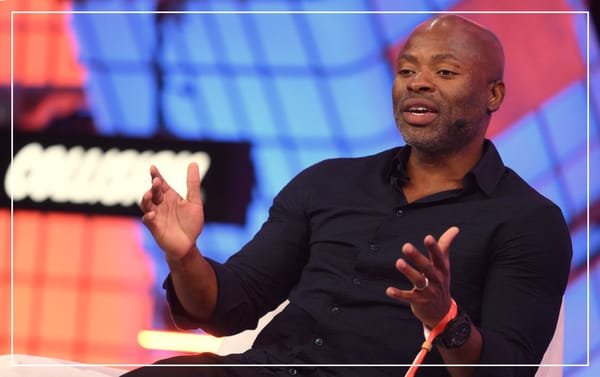Richelieu Dennis
Richelieu Dennis transformed shea butter recipes into Sundial Brands, sold it for $1.6B, and reinvested in Black media, culture, and entrepreneurs. His story is a blueprint for lasting legacy

Richelieu Dennis - From Harlem’s Street Stalls to Cultural Ownership Architect
Richelieu Dennis (born February 25, 1969) is not a celebrity you’ve seen trending - he’s a builder behind the scenes. A Liberian-American visionary, he transformed four generations of beauty wisdom into a global brand, navigated a landmark acquisition, then reinvested that wealth into the cultural economy - acquiring Essence, launching funds, incubating media, and preserving Black entrepreneurial legacy.
His is a quiet, deliberate story of ownership and return - a blueprint for Tall Cotton.
Humble Roots, Strategic Beginnings
Born in Monrovia, Liberia, Dennis came of age amid civil war. His grandmother, Sofi Tucker, was known as a healer - crafting shea-butter remedies that sustained her family and shaped their community. That legacy traveled to America when Dennis enrolled at Babson College, where he graduated in 1991 with a degree in Finance and Entrepreneurship.
Unable to return home, Dennis, his mother Mary, and his college roommate Nyema Tubman built a business from necessity - selling handmade soaps out of a Harlem apartment. Inspired by his grandmother’s recipes, the trio grew their venture into Sundial Brands, with initial products like SheaMoisture and Nubian Heritage filling a market overlooked by mainstream beauty players.
Scaling with Purpose: Community Commerce and Certifications
Under Dennis’s leadership, Sundial didn’t just scale - it nurtured a movement. The brand prioritized B Corp and Fair for Life certifications, conscious supply chain integrity, and uplifting communities both overseas and in the U.S. Their Community Commerce model focused on building infrastructure, providing healthcare access, and entrepreneurial support in places like Liberia - bringing economic dignity alongside beauty.
Market Recognition & Landmark M&A
As demand surged through the early 2010s, Bain Capital acquired a minority stake in Sundial at a valuation of approximately $700 million, fueling further growth. Two years later, in 2017, Dennis orchestrated the largest natural beauty/personal care acquisition in U.S. history - selling Sundial to Unilever in a deal estimated around $1.6 billion.
Rather than stepping away, Dennis remained CEO and Executive Chairman, embedding purpose into the deal by launching the $100 million New Voices Fund, dedicated to supporting women of color entrepreneurs.
Cultural Reclamation: Essence and Black Ownership
In 2018, Dennis founded Essence Ventures, a Black‑owned consumer technology and media platform built around content, community, and commerce. That same year, he led the acquisition of Essence Communications from Time Inc. - returning the iconic media brand to Black ownership and centering Black women in seats of equity and leadership.
Building Infra, Wealth, and Legacy
Beyond media, Dennis’s investment strategy spans venture capital and cultural stewardship:
- Group Black: Launched in 2021 to revolutionize media ownership and investment.
- New Voices Foundation: Established to expand guidance and infrastructure for entrepreneurs of color.
- Villa Lewaro Acquisition: He restored and repurposed the Madame C.J. Walker estate into an entrepreneurial institute for women of color.
- Recent expansions include investments in Refinery29 and deeper media ecosystem plays.
Net Worth & Financial Impact
Estimates place Dennis’s personal net worth around $350 million as of 2024 - a figure derived from the Sundial acquisition and his ongoing holdings. Some sources have pegged the post-tax payout at roughly $300 million.
Legacy, Recognition & Impact
Dennis’s legacy spans cultural, economic, and philanthropic spheres:
- Awards include:
- OWN’s SuperSoul 100
- Fast Company’s “Most Creative People in Business”
- Knight Commander of Liberia’s Most Venerable Order
- Philanthropic reach:
- Infrastructure, educational, and economic support in West Africa
- Business incubators and funds for women of color
- Media ownership meant to preserve cultural storytelling and economic power
His approach turns profit into platforms - for equity, culture, and community.
The Tall Cotton
At The Tall Cotton, we chronicle stories that aren’t fleeting or flashy - but foundational. Richelieu Dennis’s life follows the same blueprint: inherit traditions, plant roots, build infrastructure, and harvest legacies that outlast virality.
In Southern Black vernacular, being in “tall cotton” means walking in overflow, living well, owning your narrative. Dennis began by selling shea butter from a Harlem table - now he owns media, funds futures, and restores heritage estates. He’s living exactly what we archive: strategic excellence built without hype.
Read his story. Learn his plays. Then ask:
“What’s my version of The Tall Cotton?”
Because that’s how wealth becomes legacy - and how we rise together.




